Answer to Marawi extremism seen as more than just religion
The Marawi siege is reaching its end. But it is the protracted scars of this conflict, and the city’s role as a centre for religious militant insurrection, that still has the community concerned.
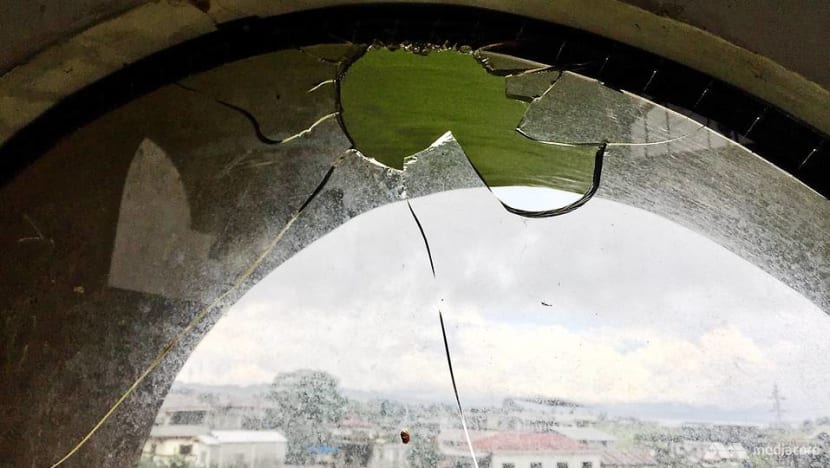
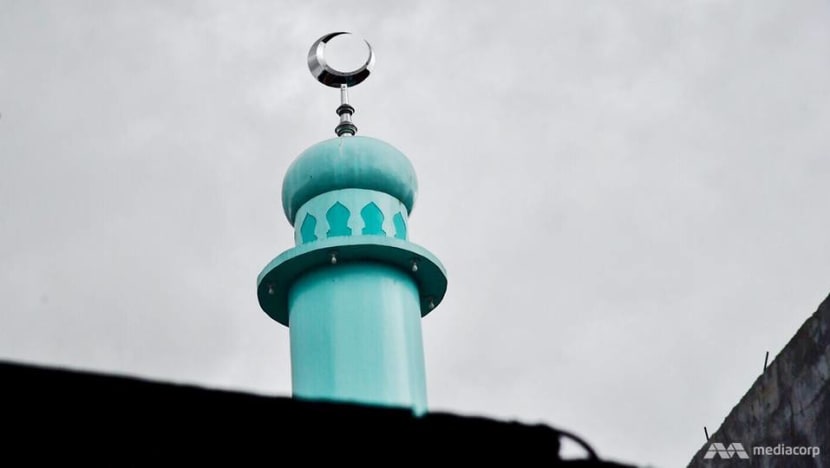
MARAWI, Philippines: The Masjid Abu Bak'r mosque is completely empty and cavernous. Prayers have not been held for months.
Outside, heavy rain shrouds a nearby two-story building riddled with bullet holes. Fierce fighting broke out here in the early stages of the conflict between Islamic State-linked militants and the Philippine military.
It was through a religious assembly here in mid-May that some Maute group members reportedly penetrated Marawi, evading the eyes of authorities already wary of extremist activities in the city.
The roof of the mosque provides a sweeping vista of the battleground, which has been reduced to a handful of crumbling buildings in the city’s business core alongside Lake Lanao. The minarets of other mosques adorned with the crescent moon of Islam are easily spotted in the distance.
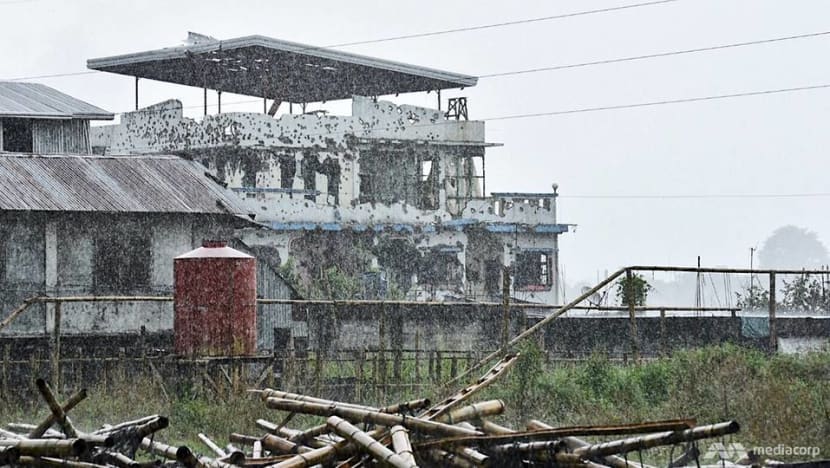
The siege is reaching its end. But it is the protracted scars of this conflict, and the role Muslim-majority Marawi has played as a centre for religious militant insurrection that still has the community concerned.
Supt Ebra Moxbin, Marawi’s police chief and a practising imam, knows the Marawi community well. He remains worried about the wider implications of the siege but does not put the problems down to religion.
“You know it's not exactly religion but it's with money that they can convince people,” he said.
“One of the reasons is that the majority of the followers of Islamic State in Lanao del Sur are marginalised. That’s one of the reasons why the Maranao people choose to follow them."
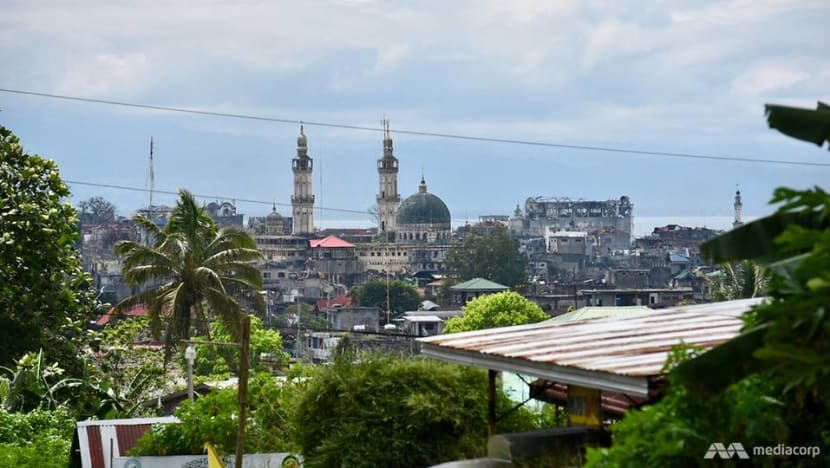
"THIS IS FOR ISLAM"
Abu Bakr Andi, now living in a tent city as an evacuee, personally witnessed the initially soft hand of the infiltration. He says he was approached by the group that eventually attacked Marawi as part of a local recruitment drive.
He did not take the approach seriously at first and admits it was money - not ideology - that was used to attract supporters to their cause. “They asked me ‘who here among you would like the join the ISIS group’. None of us believed them,” he said.
“We never thought something like that would happen. We didn’t really pay attention. But then I asked ‘what is it for?’ They said this is for Islam. This is for jihad.
“So I sort of joked, ‘Ok then if we’re going to join you how much will you give us?’ He said 75,000 pesos (US$1,450).”
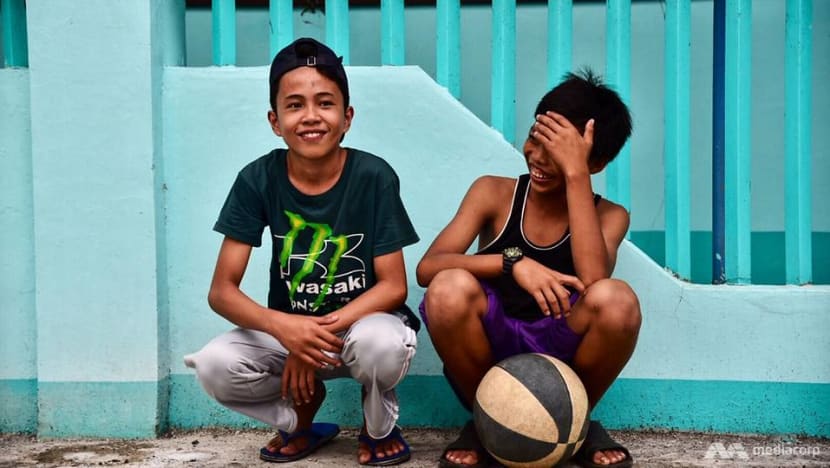
As a man with a healthy income and a family’s safety to consider, he says he could resist the overtures where aimless youth could not. "It’s because they’re young. They can easily be manipulated. They’re not as strong-willed and easily give in.”
Pressure has been placed on local madrassas – religious schools – to reform their curriculum and teachings to prevent future troubles.
Imam Abdul Basit’s madrassa remains closed but he is looking ahead towards when teachings eventually resume. He said radicalism has been driven by outsiders and the local community is already wary of their influence.
“Its not the right thing that you will recruit people even if they’re still young,” he said. “If there’s anyone who will teach the wrong values we will ask him to leave. Here in this area, there is no one like that.
“We teach them to love other people, to embrace friendship – that’s why we are here in this world.”
Some of his counterparts though are less willing or able to make the same denouncements.
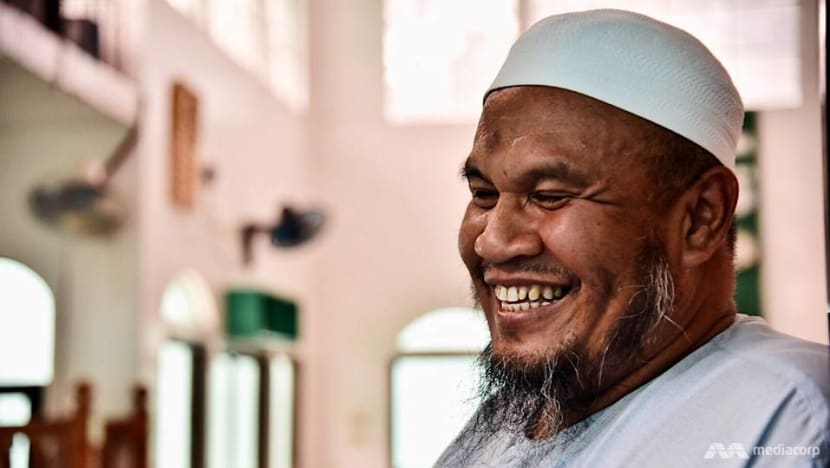
"THEY WILL NOT DISAPPEAR"
In an interview with Channel NewsAsia in June, Grand Imam Idah Ali of the Lanao Islamic Center in Baloi said he would not criticise the militant movement.
“I cannot do anything about ISIS. These people have a personal interest. I cannot say about this because if I talk about them, what will happen? Maybe they will be angry at me,” he said.
Muhd Saiful Alam Shah from the International Centre for Political Violence and Terrorism Research at Nanyang Technological University believes there are genuine risks to religious leaders in Mindanao del Sur due to inter-marriages and the tribal nature of the community, but discreet objection can be done through a new approach to learning Islam.
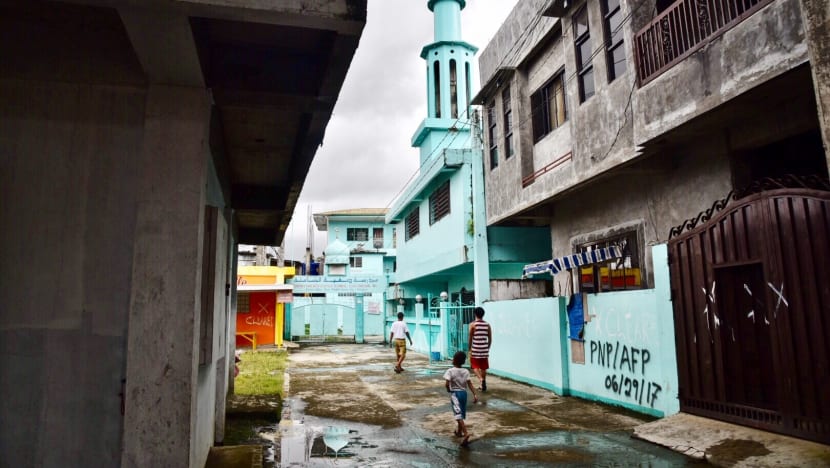
“Critical thinking should be part of religious learning rather then mere acceptance of what was taught. The clerics must be bold enough to tackle hard questions relating to religious narratives used by militants to advance their cause,” he said.
“Mainstream clerics have the upper hand in influencing public opinion about Islam.”
Closely intertwined are the opportunities being presented to young people, and the hopelessness that can emerge and be exploited when few are presented. Extremists have taken advantage of the widespread poverty in the region - one of the poorest in the Philippines - to recruit followers and rally support.
“The next question is why one should stay alive when there is nothing that he can look forward to in life? The standard of living must be developed. This can be regarded as communal rehabilitation,” Saiful said.
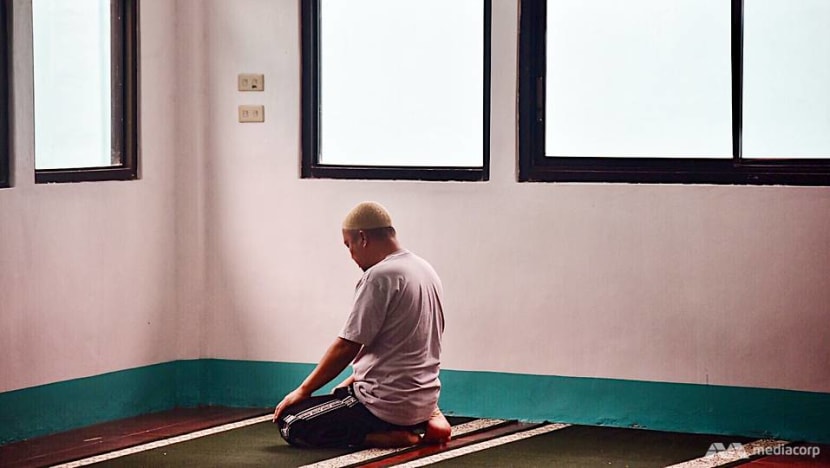
Prominent local religious leader Sultan Abuk Hamidula Atar argues that if the solution to heal Marawi comes through money and physical rebuilding efforts, it is bound to fail. Instead, there needs to be an understanding of the causes of radicalisation, particularly among disenchanted youth who have been victims of conflicts for years.
“I am afraid of this situation, instead of crushing the radical group you are now producing another big radical group,” he said.
Rehabilitating community relations and preventing an extremist return to Marawi will require a bigger effort than ever before, targeted at different sectors, according to Colonel Romeo Brawner, the deputy commander of Joint Task Group Ranao.
“It’s more of a whole of nation approach. It’s not just the military preparing in case this thing happens again,” he said, adding that local government units and civilian volunteers would present the first line of defence to the threat of rekindled militancy.
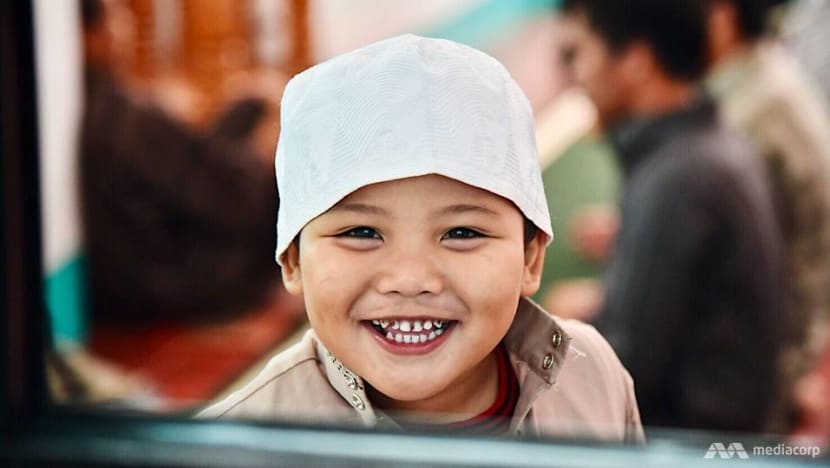
While this attempt to raise a caliphate in Mindanao has failed, the protracted battle has exposed a national weakness and provided a spotlight to the perpetrators. President Rodrigo Duterte has already warned about the fight moving to new places.
"They will not disappear. They will regroup anywhere and everywhere,” he told soldiers on Wednesday (Oct 11).
For residents of Marawi, most of whom are still displaced, it is a frightening prospect.
“We get scared now by everything,” Abu Bakr Andi said. “When I see the soldiers my heart pounds. We are the ones who will suffer.”














